 In an exclusive interview for OUTROSPECTION, I speak to the renowned Dutch primatologist Frans de Waal about his new book, The Age of Empathy: Nature’s Lessons for a Kinder Society. De Waal, voted by Time Magazine as one of the 100 World’s Most Influential People Today, is Professor of Primate Behaviour at Emory University in the US. Author of numerous books on social cooperation in primates, he is famous for arguing that empathy is a natural trait in humans and many animal species.
In an exclusive interview for OUTROSPECTION, I speak to the renowned Dutch primatologist Frans de Waal about his new book, The Age of Empathy: Nature’s Lessons for a Kinder Society. De Waal, voted by Time Magazine as one of the 100 World’s Most Influential People Today, is Professor of Primate Behaviour at Emory University in the US. Author of numerous books on social cooperation in primates, he is famous for arguing that empathy is a natural trait in humans and many animal species.
Roman Krznaric: What is the central argument of your new book, The Age of Empathy, and why do you think empathy is such an important idea in today’s world?
Frans de Waal: The evolution of empathy has been an interest of mine since my 1996 book Good Natured. Since then, so many studies have been conducted both by others and by my own team on human and animal empathy that it is getting hard to keep up. The field is blooming, especially in human neuroscience, but increasingly also with regard to animals. There are now empathy studies on mice, monkeys, apes, elephants, et cetera. Since the general public knows little about these developments, they beg to be summarized, which is what I have set out to do in this book, exploring the origins of empathy through all disciplines, from human psychology to animal behavior, and from brain imaging to the evolution of sociality.
Continue reading →
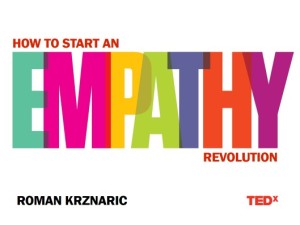 My new talk from TEDx Athens has just gone online – How to Start an Empathy Revolution. From human libraries to babies teaching empathy, here are the ingredients for transforming empathy into a force for social change. I hope you enjoy it! Please share with friends, family, colleagues and strangers.
My new talk from TEDx Athens has just gone online – How to Start an Empathy Revolution. From human libraries to babies teaching empathy, here are the ingredients for transforming empathy into a force for social change. I hope you enjoy it! Please share with friends, family, colleagues and strangers.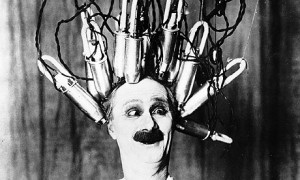


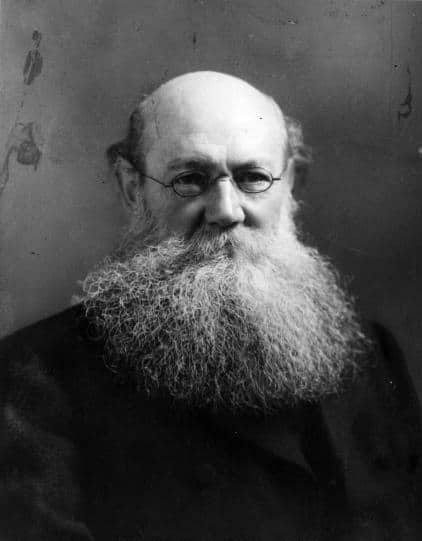
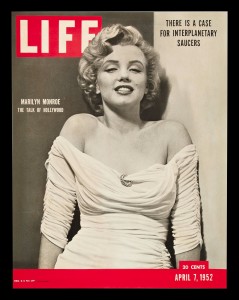
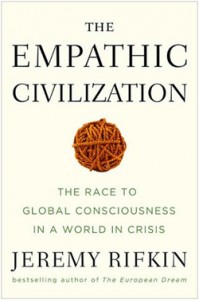

 In an exclusive interview for OUTROSPECTION, I speak to the renowned Dutch primatologist Frans de Waal about his new book,
In an exclusive interview for OUTROSPECTION, I speak to the renowned Dutch primatologist Frans de Waal about his new book,